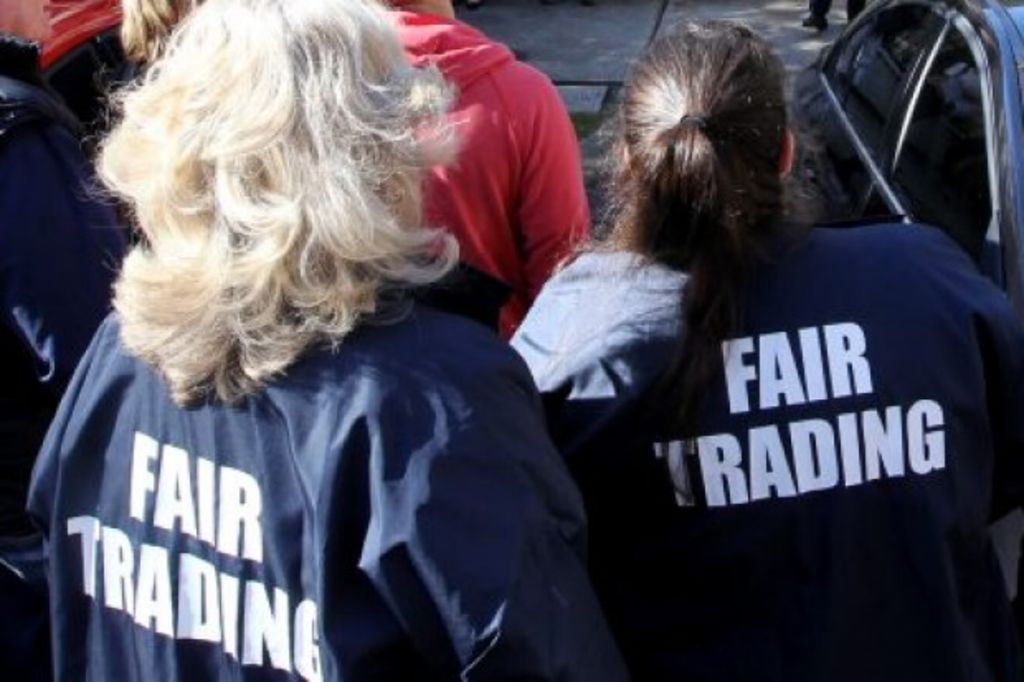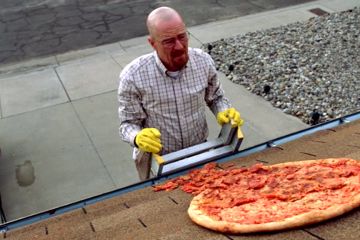Real estate agents who can't give an estimated selling price are 'in the wrong game'

With proposed new laws aimed at stamping out underquoting passing through the lower house of parliament this week, the NSW government has a blunt message for real estate agents.
That is: if they can’t provide a reliable price guide on what a property will sell for, they’re “in the wrong game”.
“If an agent can’t work out the estimated selling price, then maybe the agent needs to go back to school and work out how to do it,” Fair Trading Minister Victor Dominello said during an exclusive interview with Domain.
In the March election campaign, the Baird government promised to take a hard line on an issue that continues to rattle every hopeful home buyer who fronts up at an auction.
Based on a dodgy price guide, many pay hundreds of dollars for a pre-purchase inspection, only to see the property sell for $100,000 more than the figure an agent had quoted.
Properties will still sell for a higher figure than both the guide and the reserve price, but importantly, the price guide will always be exactly the same as the figure that goes on the Agency Agreement, the document that vendors sign when they give an agent the job of selling their home.
Mr Dominello has the full support of the head of the Real Estate Institute of NSW, Malcolm Gunning, in his efforts to end underquoting for good.
“Most agents do have the ability to price property, and Victor’s comment, it’s not a flippant comment – if they can’t price property they shouldn’t be in the business,” Mr Gunning said.
“They should be able to give a clear indication as a professional as to what the market value is of a particular property.”
As the Property, Stock and Business Agents Amendment (Underquoting Prohibition) Bill 2015 says, the only figure that the agent will be able to provide to buyers is “the agent’s reasonable estimate of the likely selling price of the property (the estimated selling price)”.
And the legislation explicitly bans terms such as “offers above”, “offers over” or any other similar statement.
Having been debated and passing through the lower house on Wednesday, it is scheduled to be debated in the upper house on October 16.
The reforms won’t apply this year, but are expected to begin in the new year.
“This whole reform is about stopping price baiting,” Mr Dominello told Domain.
In a common collusion between agents and vendors, the true price that an owner will sell for has gone on the Agency Agreement, but agents have quoted a lower figure to the market to entice buyers to an auction.
The reforms mean the price guide will not be allowed to be the “starting price” for an auction. So other terms such as “we expect bidding to start from” should also disappear.
As well as the current threat of a $22,000 fine, agents who underquote would face another penalty, losing their commissions and fees.
The government has conceded that the current laws aimed at keeping underquoting at bay are too vague.
“Provisions that relate to underquoting exist under the current regime, but the point is there’s been no successful prosecution in 13 years, because it’s very difficult to prove,” Mr Dominello says.
“The reforms we are putting forward now, makes it much clearer for both the agent and the potential consumer.
“I think that it’s good for the agents because it provides them with a lot more clarity and they can look the vendor in the eye and say ‘we can’t do this anymore, it is prohibited’.”
He acknowledged there had no doubt been instances when the vendor had “probably been putting pressure on the agent, saying ‘I want you to do this, otherwise I’m not going to use you’.
“Now, it’s a level playing field … you can’t do it at all.
“And more importantly, it provides protection to the consumer so I think it’s a good law.”
Mr Gunning agrees that the reforms will also make it easier for the agents to stand up to vendors who encourage them to mislead buyers.
“The agent needs to take control of the sale process and be transparent with the whole procedure,” Mr Gunning says.
“The biggest criticism the public has with a lot of real estate agents is a lack of transparency.”
He says agents will be required to update buyers during the auction campaign if price guides need to change because of interest during the campaign. If a property sells for a figure way beyond the price guide and the figure on the agency agreement, that’s “a good auction”. “The great unknown is always the level of competition.”
Mr Dominello has been working closely with the Real Estate Institute and other industry groups on the reforms, which will require aspiring real estate agents to do a 12-unit diploma course and two years’ of work experience. “At this stage it’s at certificate level,” Mr Gunning said. “You can work in a real estate office with as little as one day of training.”
Last year alone, Fair Trading received 200 complaints in relation to underquoting.
“I imagine that’s just the tip of the iceberg because a lot of people out there would just assume it’s just normal practice, even though it’s shark practice, they just assume it takes place,” Mr Dominello said.
Mr Gunning commended Mr Dominello for the consultative process and setting up a specific real estate division within his department headed by Fair Trading Assistant Commissioner Andrew Gavrielatos.
“Before the new division, the compliance officer may have also been working with tattoo parlours and used-car yards … they may have walked out of the real estate office and then gone to check a tatooist had spelt ‘mother’ correctly on someone’s arm,” he said.
“They require fairly different levels of expertise I would have thought.”
We recommend
States
Capital Cities
Capital Cities - Rentals
Popular Areas
Allhomes
More







